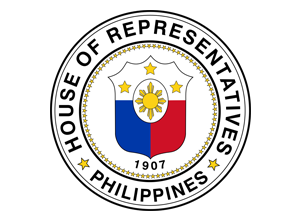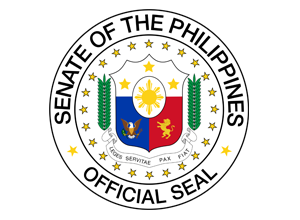Universalis Perspectives: Moving forward
Second, contribute to the upskilling of the Filipino workforce. As businesses globally enter into digitalization, Filipino workers must be also retooled to become proficient and future-proof in the advent of the Fourth Industrial Revolution where artificial intelligence along with machines is expected to displace traditional occupations requiring human labor and input.
Third, explore and cultivate meaningful partnerships with local government units (LGUs). Since Philippine laws grant a certain amount of autonomy to local governments, each LGU has its own approach of managing its economy and social development. This makes the private sector hesitant to collaborate with LGUs as they are viewed as loose cannon balls. However, the pandemic proved that this skepticism is false. Several businesses were able to enter partnerships with city governments in mitigating the impact of unemployment to certain constituents. Look at the example of e-commerce platforms who were able to employ jeepneys as part of their logistics team to ensure the continuity of their delivery operations alongside providing income to displaced drivers.
Fourth, be proactive in publicizing projects and initiatives. As policymakers are dependent on the information circulated by mainstream and social media, businesses should utilize these platforms to inform government stakeholders of their activities and willingness to cooperate.
Fifth, business should not be afraid to become thought leaders for their respective industries. Aside from willingness to cooperate with government agencies, business leaders should also lead the formulation and circulation of ideas in shaping policies and mechanisms to guide the relationship between the government and private sector. By being thought leaders, corporations should respectfully suggest their input to government agencies on how both sides can arrive in a win-win situation especially in matters of regulation.
Sixth, always maintain an open line of communications for government agencies needing support from the private sector. Policymakers are dealing with a lot of groups and organizations pitching ideas and positions on policy matters. However, these government stakeholders particularly remember those businesses who extended their helping hand during times of dire need.
Seventh, be shepherds of digitalization. Through digitalization, businesses can project its commitment for an efficient economy and resolve for transparency. By also becoming pioneers of digitalizing the Philippine economy, businesses having this kind of infrastructure may be considered as trustworthy partners of government stakeholders as state agencies and offices also embark to fully relocate its transactions using digital tools and instruments.
Eighth, pursue developing circular economies that will include micro-, small-, and medium-scale enterprises (MSMEs). CSR projects must be also multi-stakeholder in composition. Benefitting several sectors in one project is similar to hitting multiple birds in one stone.
Ninth, organize various fora and initiatives to educate both government, consumers, and other stakeholders about business models, and avenues for possible cooperation to facilitate the crafting of a sound, balanced, and reasonable regulatory policies. Stakeholders must be informed that regulatory policies have distributional consequences. They do not only affect businesses, but also the ancillary economies attached to the industry. Excessive and unreasonable regulations and restrictions will only facilitate the death of an industry which is also detrimental to government interests.
Tenth, if given the opportunity, be participative in trade and business promotions abroad. Embassies usually participate in trade fairs and exhibits. Through this avenue, Philippine-based businesses gains the chance to network and forge business-to-business (B2B) partnerships. This is regardless of whether through private initiative, or via bilateral initiative especially either bilateral economic deals or development cooperation agreement.
The Philippines is now entering the post-pandemic phase and economic recovery serve as a tantamount priority. While the challenges and tasks for the business community seem enormous and overwhelming, it does not mean that these objectives are impossible to achieve. It is recommended for the business community to have an innovative and forward-looking attitude and disposition in order to tune and harmonize its interests and activities to the priorities and objectives of the new administration.
Pages: 1 2


